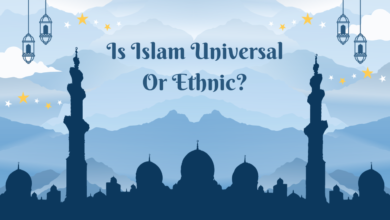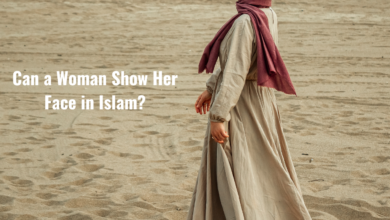What is the Holy Book of Islam?
Exploring the Sacred Quran: A Comprehensive Overview
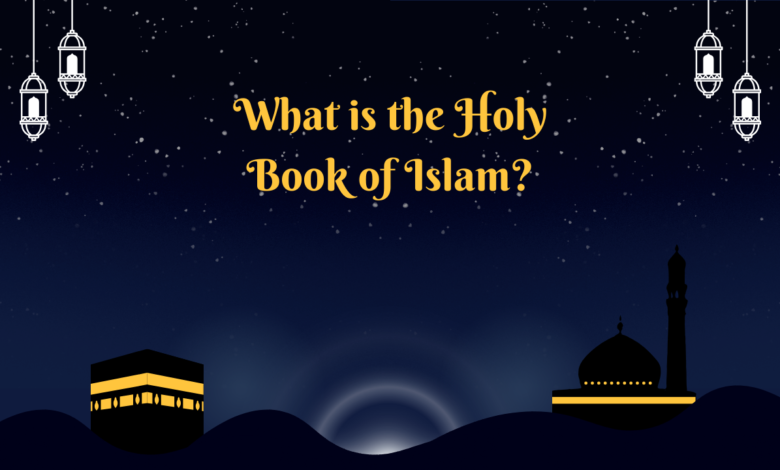
What is the Holy Book of Islam?
The holy book of Islam is the Quran (or Qur’an), considered by Muslims to be the divine revelation from God to the Prophet Muhammad.
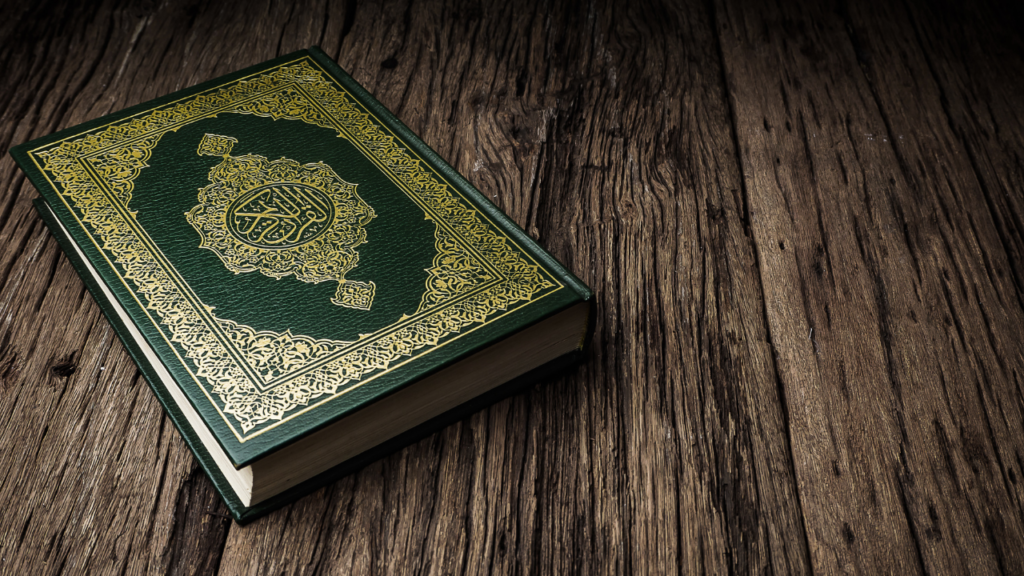
Introduction
The Quran, also spelled as Qur’an, is the holy book of Islam, the world’s second-largest religion. This sacred text is central to the lives of over a billion Muslims around the world, guiding their beliefs, practices, and way of life. In this article, we will explore the Quran, its significance, structure, and the profound influence it has on the lives of Muslims.
What is the Quran?
The Quran, often referred to as the “Koran,” is the religious scripture of Islam, believed by Muslims to be the word of God as revealed to the Prophet Muhammad (peace be upon him) over a period of approximately 23 years. It is written in Arabic and is considered the ultimate source of guidance for all aspects of life, serving as a blueprint for both individual conduct and collective society.
Also check.
- When was Islam Founded?
- What is Shirk Islam?
- Who is Prophet Musa
- Why did Islam Spread So Quickly?
- What is Wudu in Islam?
Revelation and Compilation
Muslims believe that the Quran was revealed to the Prophet Muhammad by the archangel Gabriel, starting in the year 610 CE and continuing until his death in 632 CE. These revelations were given to the Prophet Muhammad in various settings, including moments of solitude and during public gatherings.
The Quran was initially transmitted orally, as the vast majority of the early Muslim community were illiterate. It was recited by the Prophet Muhammad and memorized by his companions. After his death, these oral revelations were collected and compiled into a single written text during the caliphate of Uthman ibn Affan, the third Caliph of Islam, in the mid-7th century CE.
Structure of the Quran
The Quran consists of 114 chapters, called “Surahs,” which vary in length and are not organized chronologically. Each Surah is further divided into verses, known as “Ayahs.” The Quranic text is written in classical Arabic and is renowned for its eloquent and poetic style.
The Surahs address a wide range of topics, including theology, morality, guidance for personal conduct, and legal principles. Some Surahs relate historical events, while others provide parables, guidance on ethics, or contemplation of the natural world and the human condition.
The Quran’s Central Message
At the core of the Quran are several central messages:
- Monotheism: The Quran strongly emphasizes the oneness of God (Allah) and rejects any form of polytheism. It continually calls people to worship the one true God.
- Guidance for Life: The Quran offers guidance for individual and collective conduct, touching on issues such as morality, ethics, family life, and governance.
- The Hereafter: It discusses the concept of the afterlife, with detailed descriptions of heaven and hell, and the consequences of one’s actions in this world.
- Respect for Prophets: The Quran reveres and acknowledges the previous prophets, such as Abraham, Moses, and Jesus, and emphasizes the continuity of divine revelation.
Influence on Muslim Life
The Quran plays a central role in the lives of Muslims and influences various aspects of their daily routines and practices. These include:
- Prayer: Muslims recite verses from the Quran during their daily prayers. This is an essential part of their religious devotion and serves as a means of staying connected with God.
- Fasting: During the holy month of Ramadan, Muslims read and reflect on the Quran, often completing its recitation during the month.
- Education: The study of the Quran is a fundamental part of Islamic education. Muslims of all ages engage in the study of the Quranic text, its meanings, and its interpretation.
- Legal and Ethical Guidance: The Quran provides the foundation for Islamic law (Sharia) and ethical guidelines, influencing matters of personal conduct, family law, and societal justice.
Conclusion
The Quran is the cornerstone of Islam, revered as the unaltered word of God, and it shapes the faith, practices, and worldview of Muslims. It is not merely a religious text but also a source of profound wisdom and guidance for individuals and societies. Understanding the Quran is essential for gaining insight into the beliefs and values of the Islamic faith, as well as for fostering intercultural understanding and dialogue.
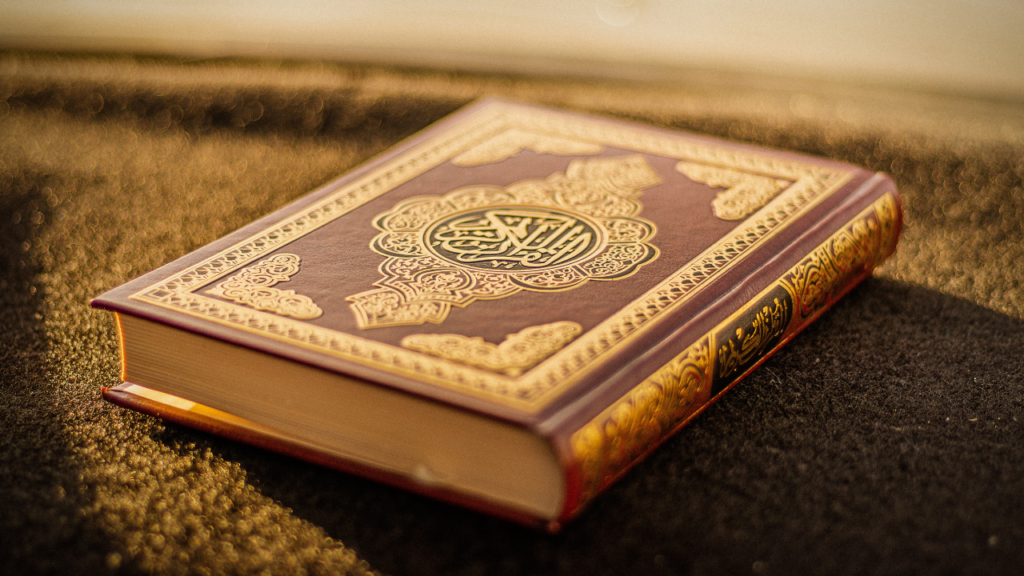
FAQs
What is the holy book of Islam?
The holy book of Islam is the Quran (or Qur’an), considered by Muslims to be the divine revelation from God to the Prophet Muhammad.
How is the Quran different from other religious texts?
The Quran is believed to be the literal word of God, whereas other religious texts often include historical accounts and teachings attributed to their respective prophets.
What language is the Quran written in?
The Quran is written in classical Arabic. It is considered the exact word of God in this language, and translations are viewed as interpretations of its meanings.
Who is the author of the Quran?
Muslims believe that the Quran’s author is God (Allah), and it was revealed to the Prophet Muhammad through the angel Gabriel.
How was the Quran revealed to the Prophet Muhammad?
The Quran was revealed to the Prophet Muhammad over a period of approximately 23 years, starting in 610 CE and ending in 632 CE. The revelations came to him through angel Gabriel in various settings.
Is the Quran arranged chronologically?
No, the Quran is not arranged chronologically. The Surahs (chapters) are organized by the length of the verses and are not in the order of revelation.
What are the core messages of the Quran?
The Quran emphasizes monotheism, the oneness of God, guidance for life, respect for previous prophets, and the concept of the afterlife.
How do Muslims use the Quran in their daily lives?
Muslims recite verses from the Quran in their daily prayers, engage in the study of its text and interpretation, and consider it a source of guidance for personal conduct and ethics.
Is the Quran recited and studied in languages other than Arabic?
Yes, the Quran has been translated into numerous languages to make it accessible to a global audience. However, for religious rituals and deep understanding, it is recommended to study it in its original Arabic form.
What role does the Quran play in Islamic law (Sharia)?
The Quran serves as the foundational source for Islamic law and ethics, providing guidance on various aspects of life, including family law, societal justice, and moral conduct.
